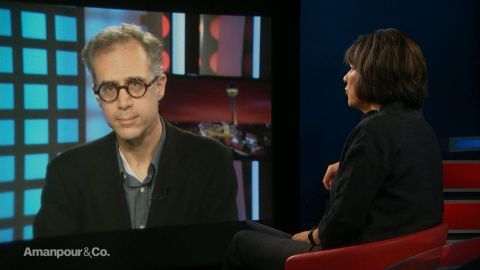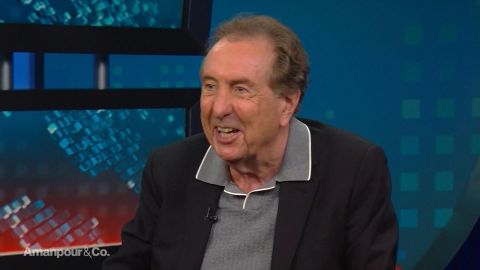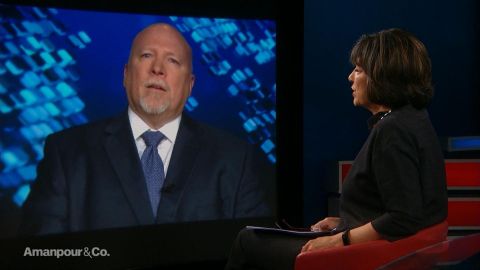Read Transcript EXPAND
DAVID KIRKPATRICK: So, the Turkish government at the highest level has known this, has had this picture for
several days now. What the people in the government are telling me is that this information was collected through intelligence sources, and like every intelligence agency in the world, they are reluctant to disclose information in a way that will expose their sources. So, I’m guessing that we’re talking here about a combination of human informants and also signals intelligence that leads them to this conclusion. But they’re certainly sticking by it and they’re sticking by it in a case where there’s no upside for them, right? Turkey really does not need a rupture with Saudi Arabia, an important trading partner and another regional power. That’s the last thing that Turkey especially with its economy in its current state needs right now. So, they have no reason to be trying to make up lurid stories like this in order to inflame the tensions.
CHRISTIANE AMANPOUR: So, what do you think is the reason for if they have this amount of detail, where is the surveillance video that presumably every consulate and official embassy has and what will it take for the Turkish authorities to make their conclusions public?
KIRKPATRICK: All right. Well, so now, we know that there is a surveillance video. There’s security camera footage of Jamal Khashoggi going into the consulate. None has surfaced yet of him coming out. Your question is a good one. Why are the Turks leaking in so many directions and letting more and more details — damning details come out including the names and the identities of the alleged assassins? And yet, on the record, in public, Erdogan and those around him have not yet publicly made this accusation of Saudi Arabia. I have to believe — I’m told that they’re still hoping for some kind of a face saving resolution for both sides. At the same time, both of these two men, Crown Prince Mohammed bin Salman on the one hand and President Erdogan on the other, have very robust egos. And as the Saudis go further and further to say, “We don’t know what happened here. We have no idea what’s happened to Jamal. We’re as concerned as everyone.” And at the same time, the Turks keep leaking more and more damning details about the alleged assassination, it becomes much harder for each side to back down. I mean, I hear speculation about a scenario where the Saudis might somewhat say, “He was killed, but it was by rogue actors or some third party,” and the Turks will perhaps accept that and everyone could move on. But, as I say, as each side digs in to its respective and totally contradictory position, it’s very, very hard to see how that would be worked out right now.
About This Episode EXPAND
Christiane Amanpour interviews James Melville, the former U.S. Ambassador to Estonia, and David Kirkpatrick, International Correspondent for The New York Times. Hari Sreenivasan interviews Eric Idle, founding member of Monty Python’s Flying Circus, on his new memoir, “Always Look on the Bright Side of Life.”
LEARN MORE


